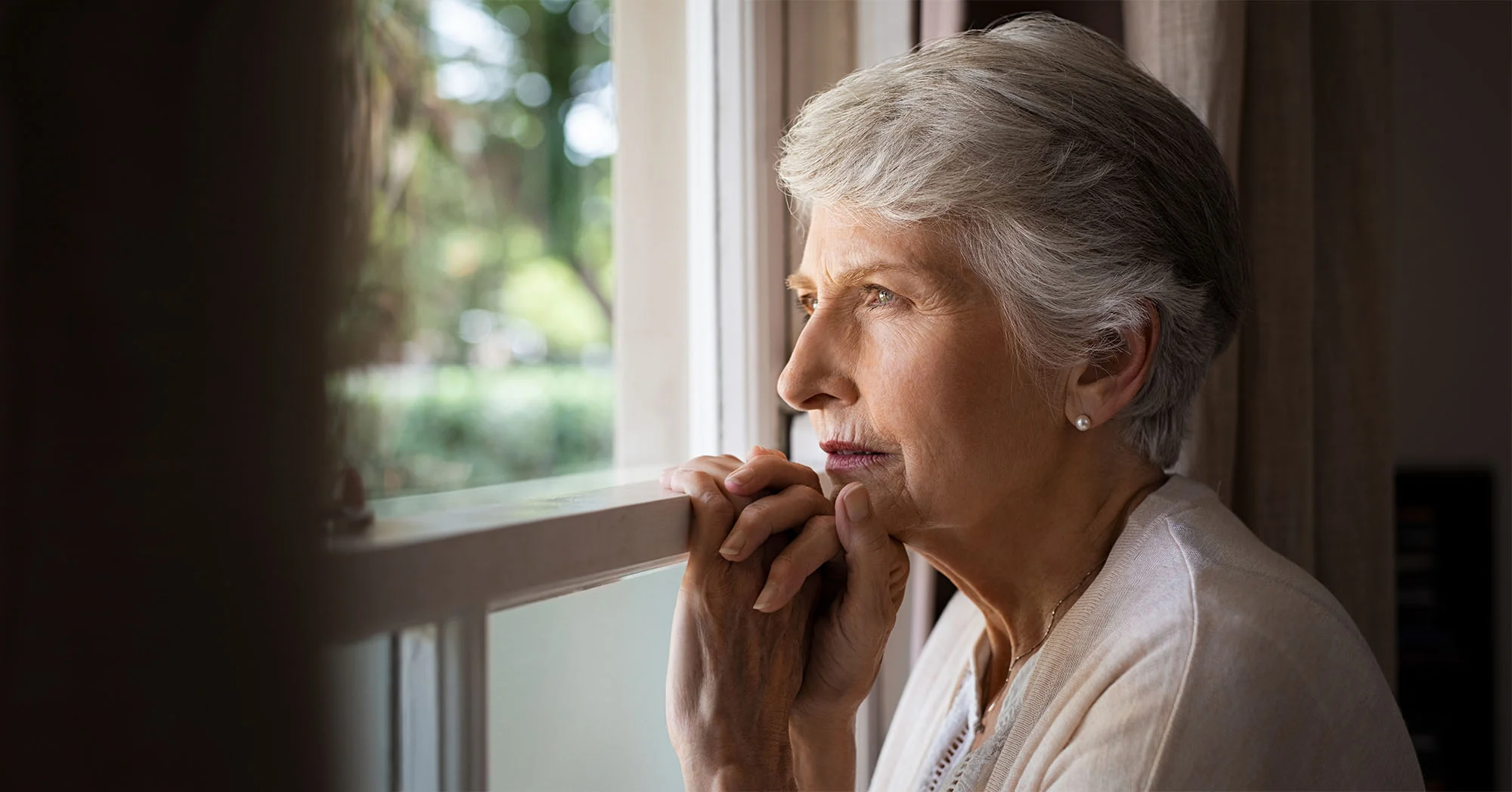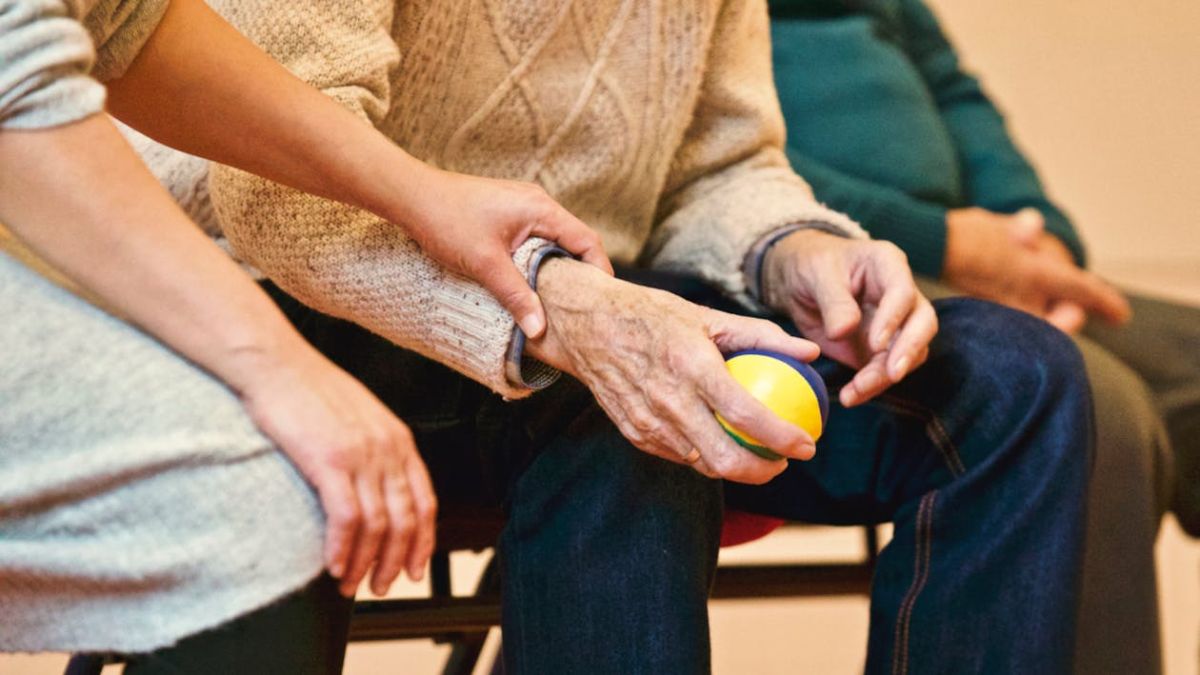If someone you know is developing cognitive changes, it’s time to talk to a doctor and start asking some questions. Since there can be many reasons for cognitive changes, it’s important to get to the root of the cause, so you know the best treatment route and have an idea of what to expect in the future.
If Alzheimer’s or another irreversible dementia is the cause of cognitive loss, planning ahead can help you prepare for the future and can help mitigate some safety concerns such as wandering, elopement, driving, etc. A trusted doctor can also be a helpful resource to develop safety measures, as your loved one might be more willing to listen to the doctor’s advice.
If your family member with memory loss is mobile, there is a strong possibility he or she might leave the house alone. At the beginning of the disease, families are less concerned about this, especially if the person has lived in the neighborhood for a very long time or always takes the same route to the grocery store. However, in the event there is construction along the path and they’re forced to take a detour, they may find themselves in a predicament that neither of you is prepared for.
There are additional safety concerns and other strategies to address driving, which we will cover in a separate article. For now, it’s important to know that if there’s a possibility your loved one may become turned around when they are alone outside, we have some suggestions to make the situation safer. Here are a few ideas of precautions you can take and tools you can use to keep your loved one safe and your mind at ease.
Wearable devices
◆ Even if your loved one is able to navigate outside on their own, purchasing an identifying bracelet is an excellent first step in keeping them safe. It identifies the person as someone with memory loss and provides your contact information on it. If your loved one fiddles with their jewelry, putting it on their dominant hand will help prevent them from removing it. It also comes with a clasp that’s difficult to remove.
◆ Enroll your family member in the national Alzheimer’s Association Safe Return Program, which collaborates with MedicAlert for specialized wandering safety assistance for those with memory loss.
◆ There are a variety of location-tracking devices, including GPS insoles for shoes, bracelets and necklaces. The new Apple Watch is also an excellent GPS device, and in addition, it also allows you to call your loved one and has fall-detection alerts. However, it’s important to consider the limits of GPS: to be successful, the device’s battery must be charged, and the person must be actually wearing the device. In parts of Manhattan, the tall buildings can confuse GPS signals at times; in this case, sometimes radio frequency is the way to go, such as the technology that Project Lifesaver uses. It’s important to remember that although technology can be helpful, it does not replace having someone with the person to keep them safe.
Environmental changes
◆ There are a variety of changes you can make to your home environment, specifically your front door, that can also help keep someone safer. There are chimes that will ring when the door is opened, simple locks you can install near the top of the door that the person with dementia won’t notice, and even signs you can post on the door, like a simple stop sign or Do Not Enter. For more ideas, check out the Alzheimer’s Store.
◆ Some recommend disguising the door a bit by making it blend more into the wall, which may be more successful for those in the middle or later stage of the disease. This can be done by painting the door the same color as the walls, so it doesn’t stand out. You could also hang a peel-and-stick mural on it. This type of mural is great, because the photos are a conversation starter, which could help redirect the person who is trying to leave. There are other types of door murals as well, such as this religious one which seems to hide the door completely, or this patterned peel-and-stick wallpaper that you can use on your door.
◆ If keys, coats, and purses are stored in a visible location, they can trigger thoughts of leaving. Consider storing them in a more discrete area.
◆ Try having an item or activity of interest near the door that might catch their attention and distract them from leaving. For example, depending on their interests, you could post a simple sign that says “Mom, will you write a letter to your granddaughter for me?” and place a set of stationary and pens next to it.
Solving for cause of leaving
It’s time to put on your detective hat. What do you notice when your loved one wants to leave the house? What type of triggers could be causing the urge to walk out the door? Some ideas to consider:
◆ Is it around the same time each day? If so, try to plan an engaging activity just before that time each day (baking together, a FaceTime call from family or friends, etc.).
◆ Are they uncomfortable? Too hot, too cold, looking for a bathroom? If you find they’re looking for a restroom, ensure that room is clearly labeled, at eye level. You could also put a sign up nearby with an arrow that directs the person to the restroom.
◆ Are they feeling bored and looking for something to do? Perhaps this is a good time for a hands-on activity.
◆ Where are they hoping to go? I often hear people wanting to “go home,” even though they are already in their own homes. I’ve found that “home” often means a home from their past; a place where they felt safe and secure. Listen and validate these thoughts and try to weave the conversation into reminiscence. Maybe the two of you could sit down for a cup of tea to continue talking about their mom, for example. Then, perhaps this could lead to working together to recreate their mom’s famous chocolate chip cookie recipe. Or, maybe you end up going on a walk outside with them, and then returning home after getting some fresh air.
◆ Do they feel cooped up and need some exercise? Consider giving yourself some respite and using a home care aide so your loved one can have one-on-one attention and a companion to explore activities outside. There are many institutions around the city that have programs for people with memory loss, and there are so many parks, libraries, museums, and classes to explore.
While none of these ideas are foolproof, we hope these suggestions are helpful as you start brainstorming for your individual situation. If you’d like to learn more about getting home care with specialized memory care support, please reach out to discuss our True Bridge program. You’ll receive support from our certified recreation therapist, social worker, nurse, and our knowledgeable memory care team. Please reach out to us at 212-369-6400, or at truebridge@truecareny.com.





